6. Moebius (Kim Ki-duk, 2013)
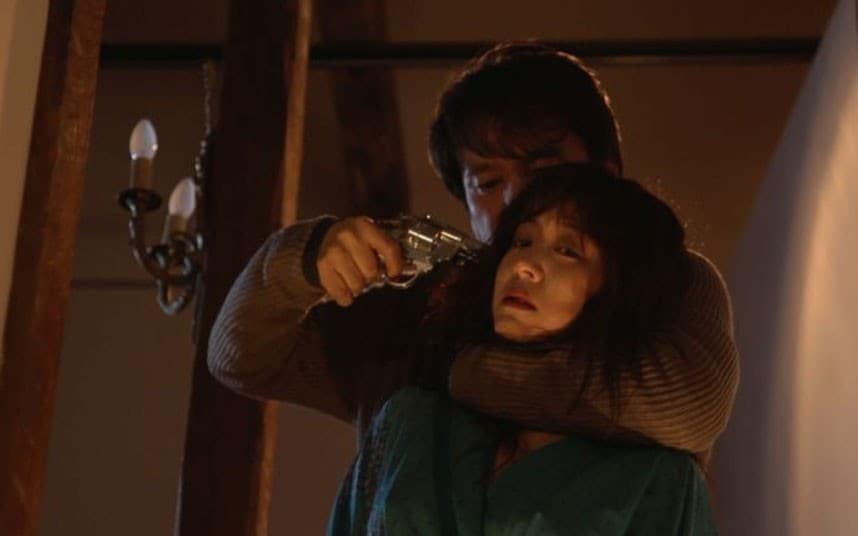
Kim Ki-duk is one of the most renowned artists working in film today, and films like “Pieta,” “Spring, Summer, Fall, Winter… and Spring” and “3-Iron” are a testament to his innovative and forward-thinking approach to filmmaking, “Moebius,” directed in 2013, is not a film for everybody; it is violent, visceral and disturbing, and it will surely leave its viewers feeling very ill. Nevertheless, the amount of creativity poured into this film is noteworthy, and its approach toward filmmaking as a medium make it a quite interesting experience.
It’s difficult to summarize the plot of “Moebius” because it’s really weird, and because by doing so a great deal of the film is spoiled, but suffice it to say that the film tackles themes such as the mother-son relationship, rape, castration, adolescence and sexual desire. While the film is very gruesome and visceral, it manages to achieve without being particularly visual, and most of the violence depicted seems to be conceptually justified, making this a very interesting film to watch for those with a good eye for metaphors and hidden meanings.
7. American Beauty (Sam Mendes, 1999)
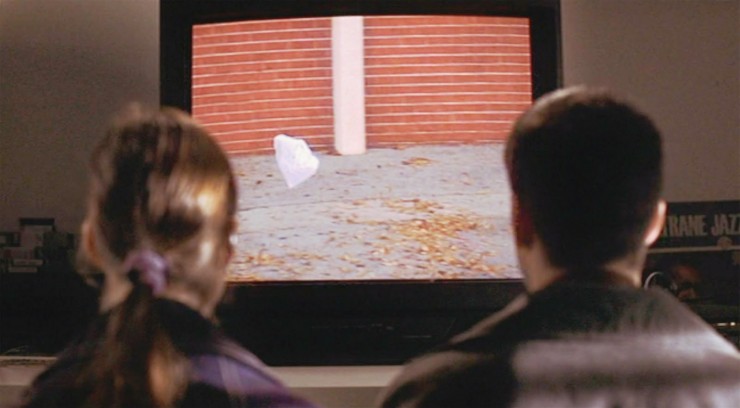
“American Beauty” was the debut film by British director Sam Mendes, and it starred the now fallen from grace Kevin Spacey as Lester Burnham, a disillusioned father living in a boring American suburb and who falls in love with the flirty friend of his teenage daughter. When Lester starts his midlife crisis, feeling that everything in his life is unpleasant or disappointing, with every relationship crumbling in his family, he reaches an existential breaking point that provokes great changes in his life and the lives of his family members.
Lester embodies the archetype of the existential crisis, going through a period of his life where he is disillusioned and cynical, depressed and bored. After the depression, Lester decides he is going to live his life the way he wants to, so he quits his job, buys a flaming new car, starts smoking marijuana and starts to exercise. Lester’s existential epiphany alienates him from his family, particularly from his wife, who reacts with anger and fear to the changes in Lester, showing that at the end, once the illusions are over and the marriage starts to weigh on your soul, the only person you can count on is yourself.
8. Days of Being Wild (Wong Kar-wai, 1990)
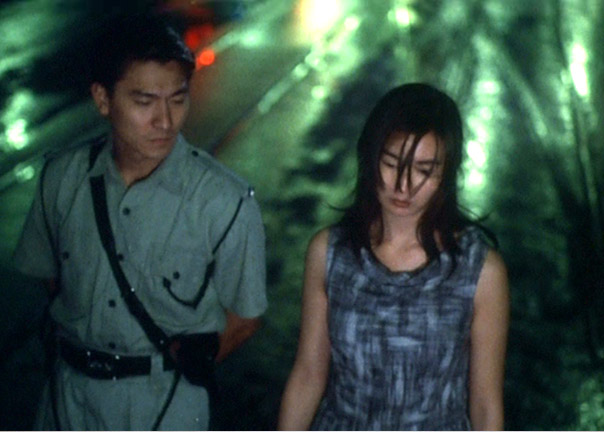
Before the exposure and the critical acclaim “In the Mood for Love” gave him, Chinese director Wong Kar-wai was already responsible for a strong ouvre consisting of films in which several stories intertwine and relate to each other without being interdependent. In this series of films, that include “Days of Being Wild,” “Fallen Angels,” “As Tears Go By” and ‘Chungking Express,” Wong explores the themes common to modern love and adolescence: sexual arousal, hopeless obsession, the stinging pain of refusal, and the melancholy of heartbreak.
“Days of Being Wild” tells the story of several adolescents who live in the same town. While each of the stories can work independently, they all relate somehow. We have Yuddy, an attractive young man who has just found out that he is adopted and who treats with great cruelty every woman who falls in love with him. Lizhen and Mimi are both in love with Yuddy, although over time that brings them great grief, and they have to comply once he decides to go look for his biological mother. With very intimate photography by Christopher Doyle, the film creates a universe in which love and pain are two sides of the same coin.
9. A Separation (Asghar Farhadi, 2011)
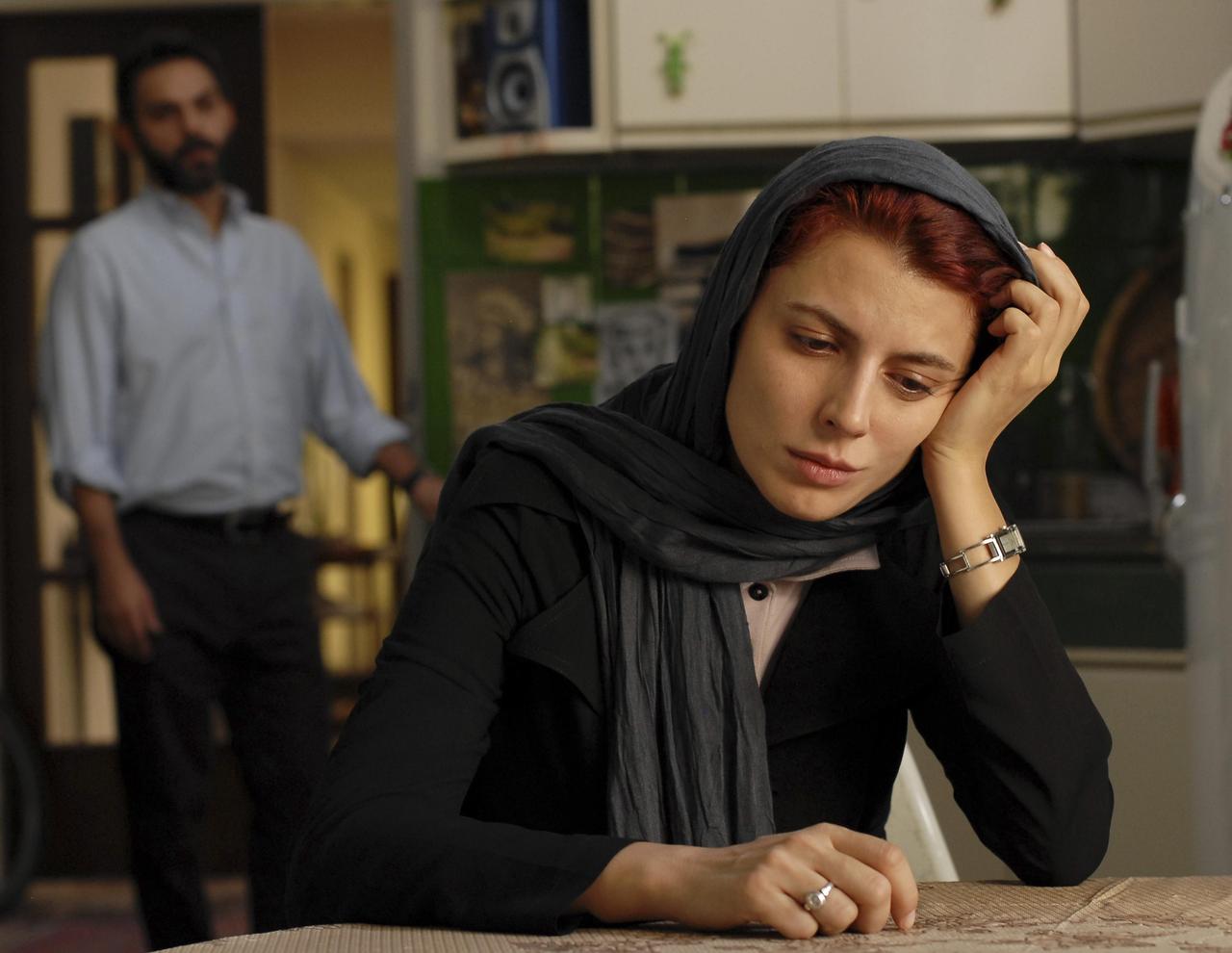
Following the aesthetic line of other Iranian directors such as Abbas Kiarostami, Mohsen Makhmalbaf and Majid Majidi, Asghar Farhadi used “A Separation” to explore with great honesty the difficult landscape of current day Iran, where the political landscape often imposes itself in the life of people, and the conflicts currently developing in that part of the world that make people live under completely different conditions than those in the West.
The drama spurs out of the fact that in Iran, the husband needs to agree with his divorce before it can be approved by the government. Nader and Simin are a couple, and they have children. She wants to leave the country so their children can be safe and receive a good education, while he wants to stay in Iran to take care of his father who is old and unable to live without assistance. This creates a division, and when Simin tries to divorce Nader to be free to leave the country with the children, he refuses, leaving her with little to do than to keep trying.
10. La Notte (Michelangelo Antonioni, 1961)
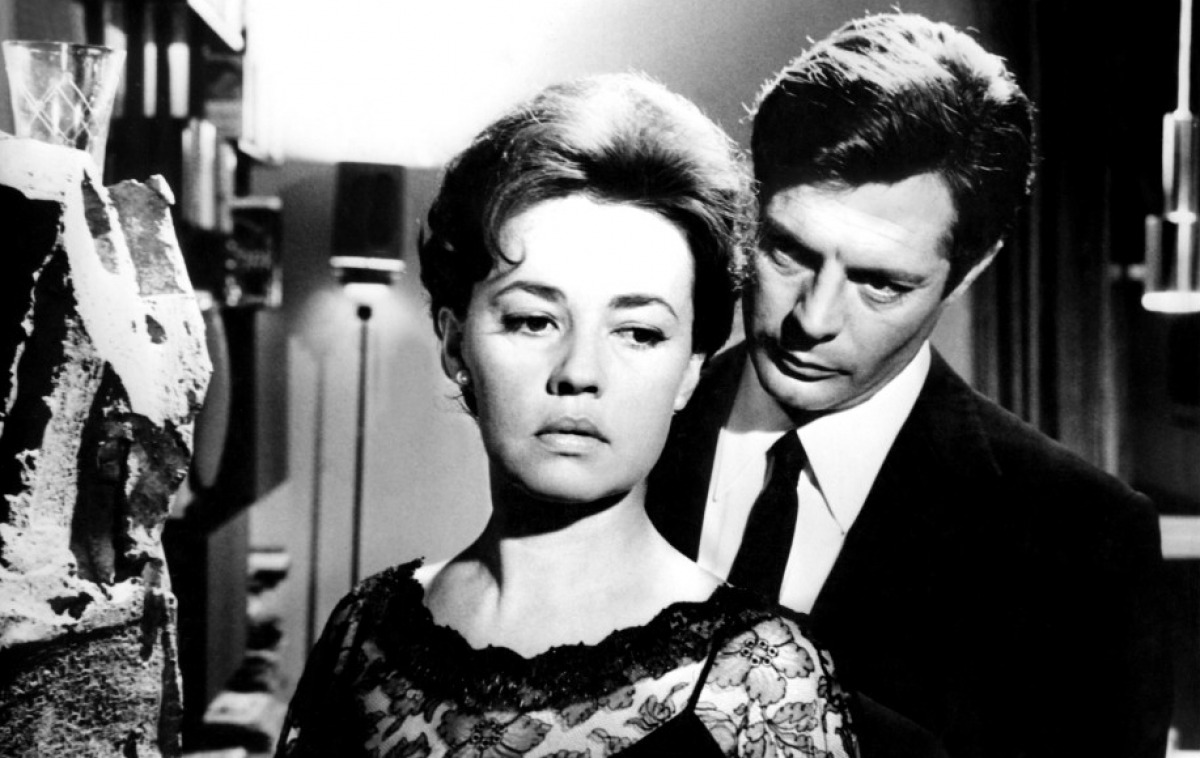
Italian director Michelangelo Antonioni is one of those legendary directors who pushed the medium to its limits, bending it and transforming it. He is known for the existential dramas he made mostly during the 60s, films like “L’Eclisse,” “Deserto Rosso,” ‘La Notte’, “L’Avventura” and “The Passenger.” Love is one the main concerns of his cinema, portraying the way modernity has shaped the way we relate to each other, documenting the metamorphoses between the romantic dreams of the youth and the romantic disillusionment of adulthood.
In “La Notte,” which stars Marcello Mastroianni, Jeanne Moreau and Monica Vitti, we witness a couple discontent with their marriage. While neither she nor he can pinpoint the reasons for why they feel that way, they both know there is something wrong with their relationship; they feel the marriage taking its toll, robbing them of their energy and freedom. A bourgeois party serves as the landscape in which the feelings are finally expressed, when all that which has been kept in silence is finally revealed.
Author Bio: Elías García-Smith is a drifter, if you don’t see him wandering around New York City or Mexico City, he is probably watching a movie somewhere. His love for cinema started when he saw Jodorowsky’s ‘El Topo’ as a child, and he hasn’t stopped watching movies since then. He spends his spare time dreaming about the films he would like to make.